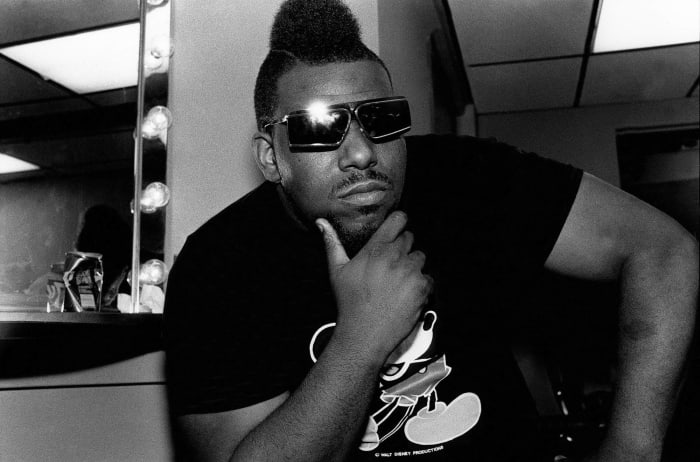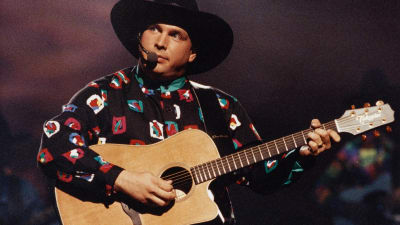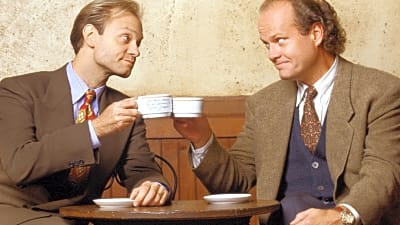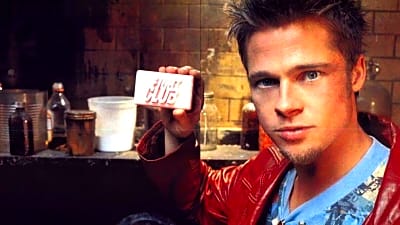The Rock and Roll Hall of Fame has finally gotten around to correcting some of the most egregious oversights of its early years — but they also keep finding new ways to screw up, preferring commercial success and men with guitars to critical acclaim, experimentation, or diversity. Here are some of the greatest bands and solo artists who haven't made it in yet.
Paul Natkin/Getty Images
One of the most important early hip-hop legends — a pioneering DJ, cultural ambassador and visionary whose mid-1970s parties in the Bronx established the sound and format that would soon take over pop music. His discography is relatively slim, but without “Planet Rock,” “Renegades of Funk” and “Looking for the Perfect Beat,” modern hip-hop wouldn’t be the same.
Michael Ochs Archive/Getty Images
The Memphis band’s first two albums, "#1 Record" and "Radio City," disappeared almost immediately upon release in the early ’70s, and the band broke up before finishing the morbid, disorienting masterpiece "Third/Sister Lovers." But Big Star’s potent mix of power pop, psychedelia and adolescent angst made them the definitive cult rock band and informed generations of indie rockers.
Santiago Felipe/Getty Images
It’s almost impossible to trace Björk’s influence on 21st-century pop and rock — the Icelandic singer and songwriter’s creative vision is so distinctive and wide-ranging that it can’t be replicated. But it’s hard to imagine the modern pop landscape and some of its central figures — Lady Gaga, Lana Del Ray, Radiohead — without her.
CBS/ullstein bild/Getty Images
Their trio of radio staples — “(Don’t Fear) The Reaper,” “Godzilla” and “Burnin’ for You” — should be enough to cement these Long Island weirdos a spot in the Hall of Fame. If you consider Blue Öyster Cult’s full catalog of iconoclastic, nerdy, sci-fi prog rock and proto-metal — and their influence on countless lesser bands — the case is even stronger.
Mirrorpix/Getty Images
A major star in Great Britain, Kate Bush has remained a cult figure in the United States. That’s the only explanation, besides blatant sexism, for her absence from the Hall of Fame. Besides her obvious influence (Björk, Tori Amos, Charli XCX, St. Vincent, the entirety of the 4AD roster), she’s created an astounding body of work — lush, literate, subtle art pop of the highest order.
POP-EYE/ullstein bild/Getty Images
The Cure’s evolution from spare post-punk (“Boys Don’t Cry,” “Killing an Arab”) to luxurious, Romantic guitar pop (“Just Like Heaven”) is an essential part of British rock history. Even though the band has maintained a distinctive, even idiosyncratic sound, their arena-sized ambitions and commitment to pop accessibility opened doors for Oasis, Blur, Pulp and all the bands that have followed that initial wave of ’90s Britpop.
frederic maylan/Getty Images
Depeche Mode’s ambitions were evident almost from the beginning — Dave Gahan and Martin Gore used New Wave and synth-pop as the foundations for something far larger and more grandiose. It was a dark, emotive brand of pop-rock engineered simultaneously for the dance floor, radio and arenas.
Frederic REGLAIN/Getty Images
Whitney Houston was a pop and R&B prodigy whose overwhelming success masked a troubled private life. She was the quintessential diva with more than enough talent to match gargantuan ballads like “Saving All My Love for You,” “Greatest Love of All” and “I Will Always Love You.”
Paul Natkin/Getty Images
Iron Maiden defined the look and sound of ’80s heavy metal: spandex and leather, twin lead guitars, galloping rhythms, songs about the occult and historic military encounters and Eddie — the band’s gruesome living dead mascot — without ever succumbing to its worst clichés. Thanks to Steve Harris’ deceptively sophisticated songwriting, the long-running London band has kept it classy and been one of the most influential metal bands of all time.
David Redfern/Getty Images
The J.B.’s were James Brown’s backing band on some of his most ambitious albums ("Super Bad," "Black Caesar," "The Payback," and "Hell") when his song lengths were stretching out to eight or nine minutes or more. As the funk arrangements grew more complicated, the J.B.'s recorded some great funk records on their own.
Rob Verhorst/Getty Images
The list of early ’00s bands compared to Manchester’s moodiest post-punk band — the Rapture, LCD Soundsystem, Interpol, the Killers, Bloc Party — should have signaled something to Hall of Fame voters. Even though Joy Division’s depressive dance-punk was represented by only two cult albums ("Unknown Pleasures" in 1979, "Closer" in 1980), the band’s outsized influence has earned it a place alongside rock’s greats.
Fin Costello
Three years after frontman/bassist Lemmy Kilmister’s death, this crew of head-banging reprobates still ranks as metal’s most exemplary band — the single group that fulfilled the idea of what heavy metal can be. When the band first emerged in the 1970s, Motörhead was faster, louder, heavier and nastier than any of their peers. Even after thrash, death metal, black metal and grindcore took the genre to new extremes, Motörhead remained in a league of its own, unequaled for sheer intensity, velocity and ferociousness.
Clayton Call/Getty Images
The soft verse/loud chorus dynamic, which became a defining feature of alternative rock in the 1990's, ought to be enough for the Pixies to earn consideration for a place in the Hall. But that’s just a superficial reckoning of the Boston band’s originality and influence — the Pixies introduced slacker introspection, poetic absurdity and precipitous hooks into punk rock, establishing a template for near-contemporaries like Nirvana, Pavement, Guided by Voices, Liz Phair and later followers from Weezer to Green Day.
Kevin Mazur/Getty Images for Coachella
Any band that can take an album like Radiohead’s hermetic turn-of-the-millennium masterpiece "Kid A" to the top of the Billboard charts has something that most other groups don’t have. And "Kid A" is no longer an outlier in Radiohead’s discography — the band has proven that it’s willing, even eager, to challenge its fans and industry experts with new sounds and novel approaches, all while maintaining its two-decade position as one of the biggest rock bands in the world.
15 of 20
The Replacements
Jim Steinfeldt/Michael Ochs Archives/Getty Images
The Replacements’ catalog is one of the most admired in the rock canon, from the high-speed juvenilia "Sorry Ma, Forgot to Take Out the Trash" through mid-period masterworks "Hootenanny" and "Let it Be" and major-label gems "Tim" and "Please to Meet Me." And everything that contributed to the band’s failure to achieve breakthrough success — contempt, self-doubt, drug and alcohol abuse — also contributed to the ’Mats mythology. This is one band that deserves a Hall of Fame nod precisely because they didn’t make it.
Pete Cronin/Redferns/Getty Images
The most English of England’s major ’80s alternative-rock bands, the Smiths never rose above cult status in the United States. But their mordant style — nostalgic, understated, sarcastic, referential — has been enormously influential, especially in Scotland (Belle and Sebastian, Teenage Fanclub, the Vaselines). But whatever alchemy went into the Smiths’ brief, electric career has never been rediscovered — not even by former Smiths Morrissey or Johnny Marr.
Anthony Pidgeon/Redferns/Getty Images
Sonic Youth stands, along with R.E.M. and Nirvana, as one of the key bands of the alternative revolution that swept over the American music industry in the late 1980's and early ’90s. Veterans of the Manhattan avant-garde scene that coalesced around a nebulous grouping of noise bands like Swans and modern composers Glenn Branca, Rhys Chatham and Elliott Sharp, the group brought a distinctly downtown vibe to Geffen Records and MTV during its long run.
Roberta Bayley/Redferns/Getty Images
The offbeat guitar heroes of New York’s original CBGB scene, Television defied the strict punk ethos with long, intricate songs that were part prog rock, part New Wave, with elements of garage rock and jazz fusion thrown in. Television owes an obvious debt to the Velvet Underground, but dozens of other important bands — from U2, R.E.M. and Sonic Youth to XTC and the Talking Heads — owe something considerable to Television.
Fin Costello/Redferns/Getty Images
Thin Lizzy’s two best-known singles in the U.S., “Jailbreak” and “The Boys Are Back in Town,” offer a distorted image of one of Ireland’s greatest rock bands. Bassist/singer/songwriter Phil Lynott’s expansive vision — incorporating hard rock, soul, folk and Irish traditional music and imagery — comes into focus over the course of the band’s peak period from "Fighting" (1975) to "Black Rose: A Legend" (1979). Taken as a whole, the band’s catalog represents one of the most ambitious and personal song cycles in classic rock, rivaling Bruce Springsteen and Van Morrison — not coincidentally, two of the songwriters Lynott most admired.
20 of 20
A Tribe Called Quest
Al Pereira/Michael Ochs Archives/Getty Images
Tribe’s Q-Tip and Ali Shaheed Muhammad have been outspoken about their disappointment that the legendary hip-hop group’s final album, "We Got It From Here... Thank You 4 Your Service," wasn’t even nominated for a Grammy. They could reasonably extend the same sentiments toward the Rock and Roll Hall of Fame. Across one of the tightest discographies in hip-hop, Tribe countered the worst tendencies of the music industry in general and the hip-hop community in particular with a pragmatic optimism, timely commentary and dense, but rapturous, production.
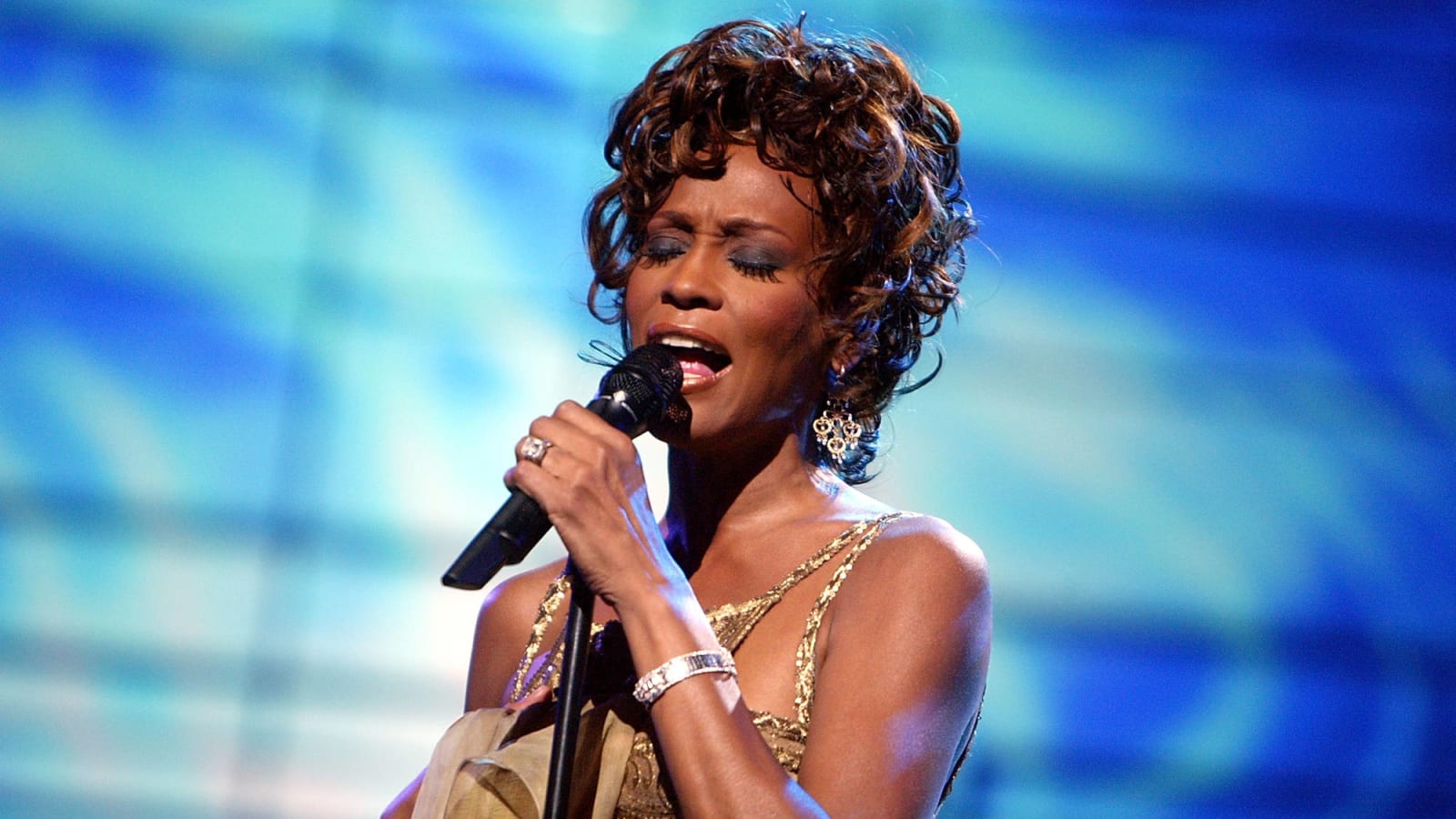
 +
+
